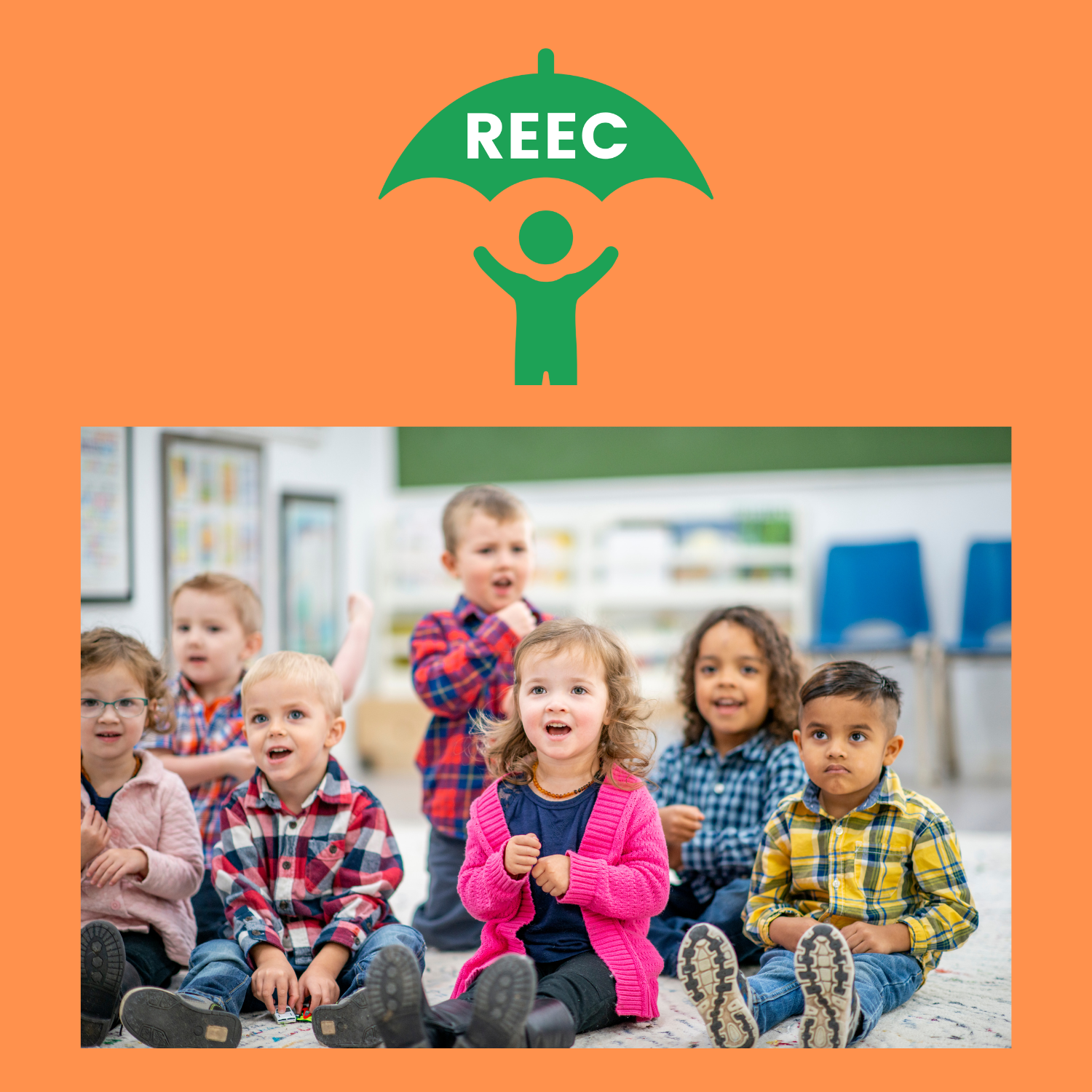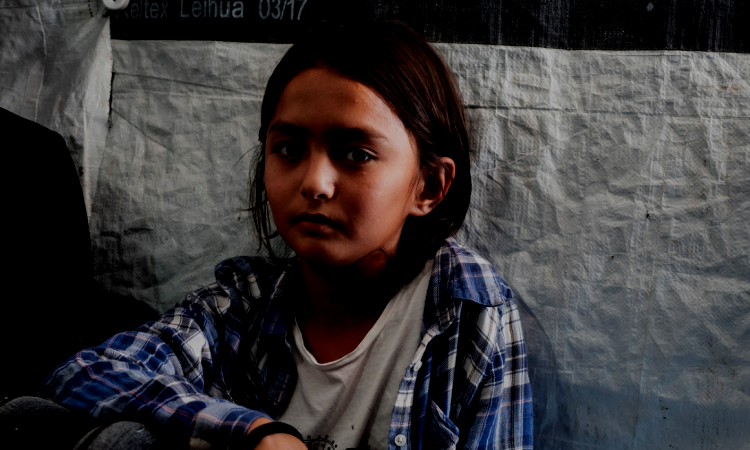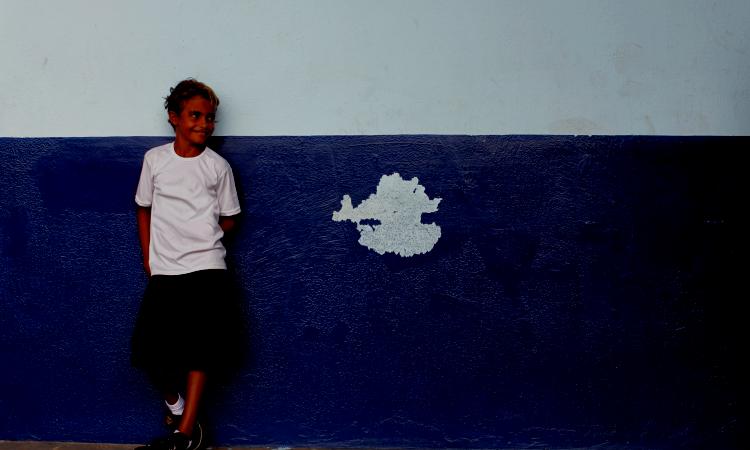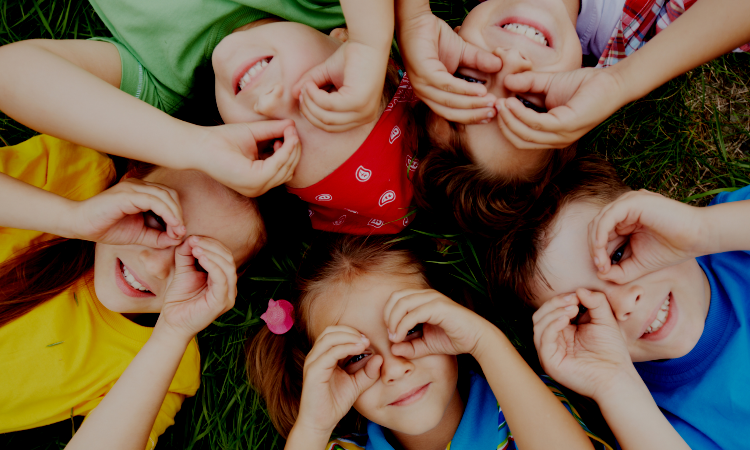
New educational approaches aiming to support children's psychosocial development and promote the construction of well-being environments are now offered by Terre des hommes, IRC and the Municipality of Milan in the project "REEC"
Capitalizing on its experience, and in the framework of its collaboration with the Municipality of Milan that began in 2017, the International Rescue Committee, within the REEC project (Reinforce Educators Empower Children), has designed a new approach combining HC and SEL tools and methodologies, (previously adapted to the needs and specificities of the Milanese educational and social context), with the “Movements, Games and Sport” curriculum developed by Terre des Hommes. This new comprehensive methodology, focuses on the needs of educators, teachers and organizational positions in the Municipality of Milan. The "Holistic Educational Approach for Children from 0 to 6 Years" aims to support children's psychosocial development and promote the construction of well-being environments, namely safe and welcoming environments and relationships within early childhood education and school services.
Also designed by IRC, the “Holistic Educational Approach for Children between 3 and 11 Years Old” methodology focuses on the child and its physical, mental, emotional, social, and cultural development. To support children's holistic development, this manual aims to underline the importance of “learning through play”, teacher/educator, and student well-being in class and in cooperation with caregivers. Teaching is an emotional practice with emotions lying at the heart of what teachers do and why they do it. Amongst other reasons, teachers and educators come to teaching with aspirations, such as inspiring a love for learning, developing critical thinkers, and even changing the odds of disadvantaged children. However, in Greece, the education system remains oriented towards academic development and enhancing the “hard skills” in children. Nonetheless, this approach proves to be inadequate in today’s world where children and youth often experience severe adversity (through forced migration, COVID-19, domestic violence, poverty, etc.) that negatively impacts their well-being, development, and learning. At the same time, globally, the importance of “soft skills” is increasingly being recognized as critical for success in school and life, and attention to these skills is becoming essential in the classroom. Research has consistently found that students learn better in safe, supportive environments. This manual aims to assist educators and teachers to become more AWARE, more INTENTIONAL, and more PUPROSEFUL. Through this manual, teachers and educators can find useful tips and a menu of optional strategies to use to engage students and promote a sense of belonging in the classroom.
These two manuals offer theoretical reflections and practical advice for creating an educational context that places the well-being of children and adults as its ultimate goal. By applying this approach, children will have the opportunity to develop new skills in a caring and welcoming environment, while at the same time, reinforcing and reducing the effects of possible adverse childhood experiences that the child has encountered or may encounter. The approach is based on activities that invite the child to use his or her mind, body, and emotional world. The classroom is immediately transformed into a space that considers the child's well-being holistically and combines pleasure, wonder, and learning.
You can also find a new manual developed within their REEC project here. It aims to provide educators with a handful of age-appropriate activities that can be applied to children ages 4–11 years old, Terre des hommes, Comune di Milano and IRC want to ensure that children become aware of their rights, of means to practice their rights, of safeguarding mechanisms in place to protect themselves and how to access them.
The REEC project (Reinforce Educators Empower Children) is co-funded by the Rights, Equality, Citizenship Programme 2014–2020 of the European Union. It is coordinated by Terre des hommes Hellas, in partnership with IRC and the Municipality of Milan, under the auspices of the Municipality of Athens. To learn more about the project, click here.
These documents have been prepared for the European Commission, however, they reflect the views only of the authors, and the Commission cannot be held responsible for any use made of the information contained therein.


